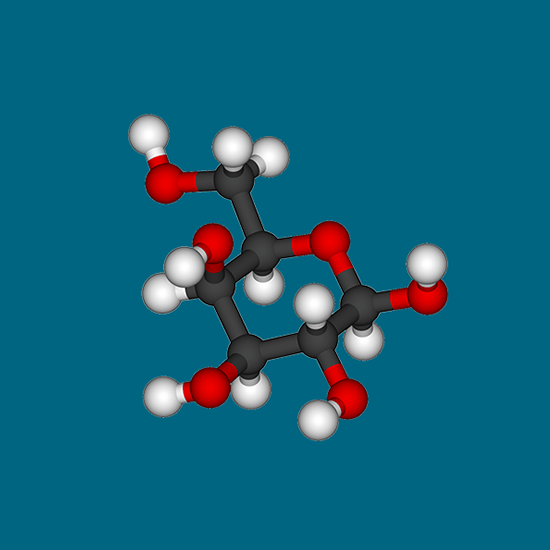
Book Galactose Quantitative Plasma Appointment Online Near me at the best price in Delhi/NCR from Ganesh Diagnostic. NABL & NABH Accredited Diagnostic centre and Pathology lab in Delhi offering a wide range of Radiology & Pathology tests. Get Free Ambulance & Free Home Sample collection. 24X7 Hour Open. Call Now at 011-47-444-444 to Book your Galactose Quantitative Plasma at 50% Discount.
It is used for screening galactosemia.
Galactosemia: Autosomal recessive disorder
It is an inherited metabolic disorder of carbohydrates that occurs due to a deficiency of 1 of the four enzymes galactose-1-phosphate uridyltransferase, galactokinase, uridine diphosphate galactose-4-epimerase, and galactose mutarotase.
The GALT enzyme is required for galactose metabolism into simple sugar(glucose). If this enzyme is less, then galactose is not ingested. It leads to the accumulation of galactose in the body. The increased plasma concentration of galactose which leads to its manifestations-
If galactosemia is not treated at its early stage, it leads to further complications such as liver failure, cirrhosis, intellectual disability, cataract splenomegaly, tremors, shock, learning disability, speech problems and delays, and low bone mineral density. They have an increased risk of Escherichia coli sepsis.
Females affected with galactosemia show premature ovarian insufficiency.
Newborn screening is done by pricking the baby’s heel to collect blood samples, usually 24 hours after birth. The model is then analyzed, and galt enzyme concentration is measured, which helps diagnose.
Urine tests and genetic testing can also be done for diagnosis.
Galactosemia is diagnosed when there is an increased concentration of galactose-1-phosphate in erythrocytes and galactose-1-phosphate uridyltransferase deficiency
Galactosemia is usually treated by galactose restriction in diet.
Galactose is mainly present in dairy products such as butter, buttermilk, cream, and dairy milk and should be avoided from diet insta soya milk can be consumed. This will reduce the risk of complications.
Vitamin D and calcium supplements are given in the diet to maintain bone density.
The galactose-1-phosphate concentration in erythrocytes is increased, and the GALT enzyme is decreased in case of inefficient diet restriction.
| Test Type | Galactose Quantitative Plasma |
| Includes | Galactose Quantitative Plasma Test (Pediatrics) |
| Preparation | |
| Reporting | Within 24 hours* |
| Test Price |
₹ 2000
|

Early check ups are always better than delayed ones. Safety, precaution & care is depicted from the several health checkups. Here, we present simple & comprehensive health packages for any kind of testing to ensure the early prescribed treatment to safeguard your health.